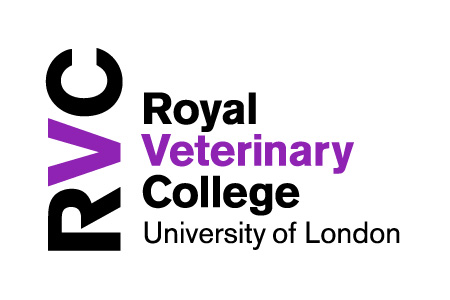



Royal Veterinary College Launches Emergency Appeal to Help Drought-ravaged Kenya
KENYA - The worst drought in living memory in the Horn of Africa has forced over one million cattle and small stock south into the Tana Delta district of Kenya in search of grazing. Crowded together, these weakened animals are at major risk of infectious and parasitic disease. In some cases 80-90% mortality can be expected in herds or flocks. Without veterinary intervention, breeding livestock for communities in the Horn of Africa drought area will be devastated.
Crowded together, these weakened animals are at major risk of infectious and parasitic disease. In some cases 80-90% mortality can be expected in herds or flocks. Without veterinary intervention, breeding livestock for communities in the Horn of Africa drought area will be devastated. Government veterinary services are stretched and they are assisted in a coordinated response involving Vétérinaires Sans Frontières (Belgium, Switzerland and Germany) and VetAid Kenya which has staff in the field protecting herds. The programme has been partly funded by the Food and Agriculture Organisation (FAO), but with funds running low this vital activity is at risk just as it is most needed. VetAid Kenya is now the only veterinary agency working in the area, implementing an emergency vaccination programme to protect the breeding stock.
In response to this urgent situation, the Royal Veterinary College (RVC) has launched an appeal among the veterinary profession to raise a target of £10,000 to enable VetAid Kenya to continue and expand its work.
Gabriel Turasha, Director of VetAid Kenya said: “We only have one team working in Tana River and desperately need funds to send out three more teams as soon as possible. £10,000 would cover the cost of three teams, transport and vaccinations to treat 20,000 animals per week. This will make a real difference as we are providing the only veterinary support in this vast area.
"Our vaccination teams are ready to go out into the field at a few days notice. We just need to mobilize them. This is where the UK veterinary profession can help – every pound donated will make a huge difference!"
RVC Principal Professor Stuart Reid explained: “Veterinary services are seriously stretched in Kenya and the only organisations with the flexibility, initiative and expertise to respond this to emergency are the veterinary NGOs such as VetAid Kenya and its Vétérinaires Sans Frontières partners.
"FAO has limited budget to spend on disaster response and RVC has a longstanding relationship with VetAid Kenya and with the region in general. As a College, we strongly feel that we should do all we can to support pastoral farmers in the region, and mounting this appeal is one way in which we can respond to the ongoing disaster and support our veterinary colleagues in East Africa."
The RVC and all other agencies involved in this appeal are contributing their services pro-bono so that all funds raised will go to the programme to help the people and animals struggling with the drought.
Please donate now at www.rvc.ac.uk/vetaidkenya







